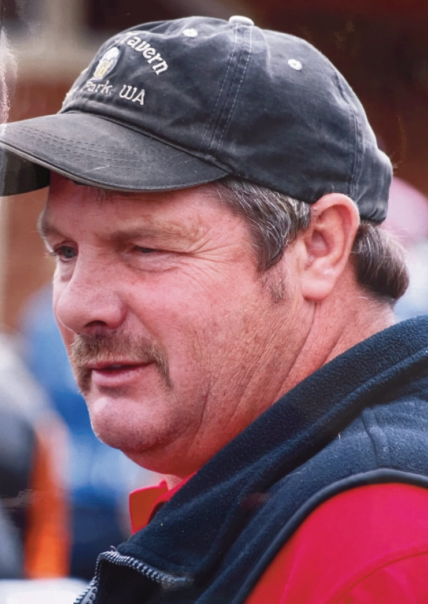Editorial: Agencies get mandates without consequences
Published 7:00 am Thursday, October 12, 2023

- Washington state ferries are the largest consumers of diesel fuel but cannot meet the state’s mandate for biofuel use.
Would it surprise anyone that Washington state, for the 14th straight year, has failed to meet its own climate change mandate?
Trending
Since 2009, agencies and universities that buy diesel fuel are supposed to make 20% of it biodiesel to lower greenhouse gasses from heating state buildings, and fueling diesel vehicles, ferries and equipment.
It was an early reaction to climate change and seen as a boost to farmers.
But the law has never been followed or enforced. Each year, the Department of Enterprise Services issues a report. According to the report for 2022, the state fell short for the 14th straight year.
Trending
The state purchased 18 million gallons of diesel fuel in 2022, but fewer than 1.5 million gallons were biodiesel, missing the legislative mandate by more than 2.1 million gallons.
Biodiesel made up 8.28% of the state-purchased diesel fuel, down from last year’s 9.13%. State biodiesel purchases peaked in 2015 at 13.1%, according to previous reports.
The Department of Transportation bought 96% of the state’s diesel supply, mostly to fuel ferries.
The ferry system bought 1.2 million gallons of biodiesel in 2022, down 15% from the year before. The report blamed “pandemic-related service reductions and supply chain issues.”
Jeff Earl, director of state governmental affairs for Clean Fuels Alliance America, said he wasn’t aware of any biodiesel shortage that would prevent the state from buying more.
“Washington kind of prides itself on being a leader on the environment,” Earl said. “It would be nice if they showed that with their state fleet.”
And the Department of Enterprise Services says the state could buy more biodiesel through its bulk contracts. The Department of Corrections, it says, buys biodiesel for only two of its 10 facilities. Enterprise Services points out that the University of Washington and Washington State University could buy more to fuel their power plants.
But the University of Washington says biodiesel degrades, and can’t reliably be stored for use in power plants. Washington State says it doesn’t have enough on-campus storage, and short-load deliveries are too expensive.
So, it’s hard to meet the mandates. As our sister publication Capital Press has reported in previous years, there are many legitimate reasons why biofuel can’t be used.
Good thing for the bureaucrats that lawmakers didn’t provide for penalties for not complying with the 20% biodiesel standard.
Farmers and ranchers have often found themselves faced with unrealistic mandates that they can’t meet. But unlike state agencies, they face consequences for failing to meet the mandates of the legislature and regulatory agencies.
There always seems to be one set of rules for the rulemakers, and another for the industries they regulate.









